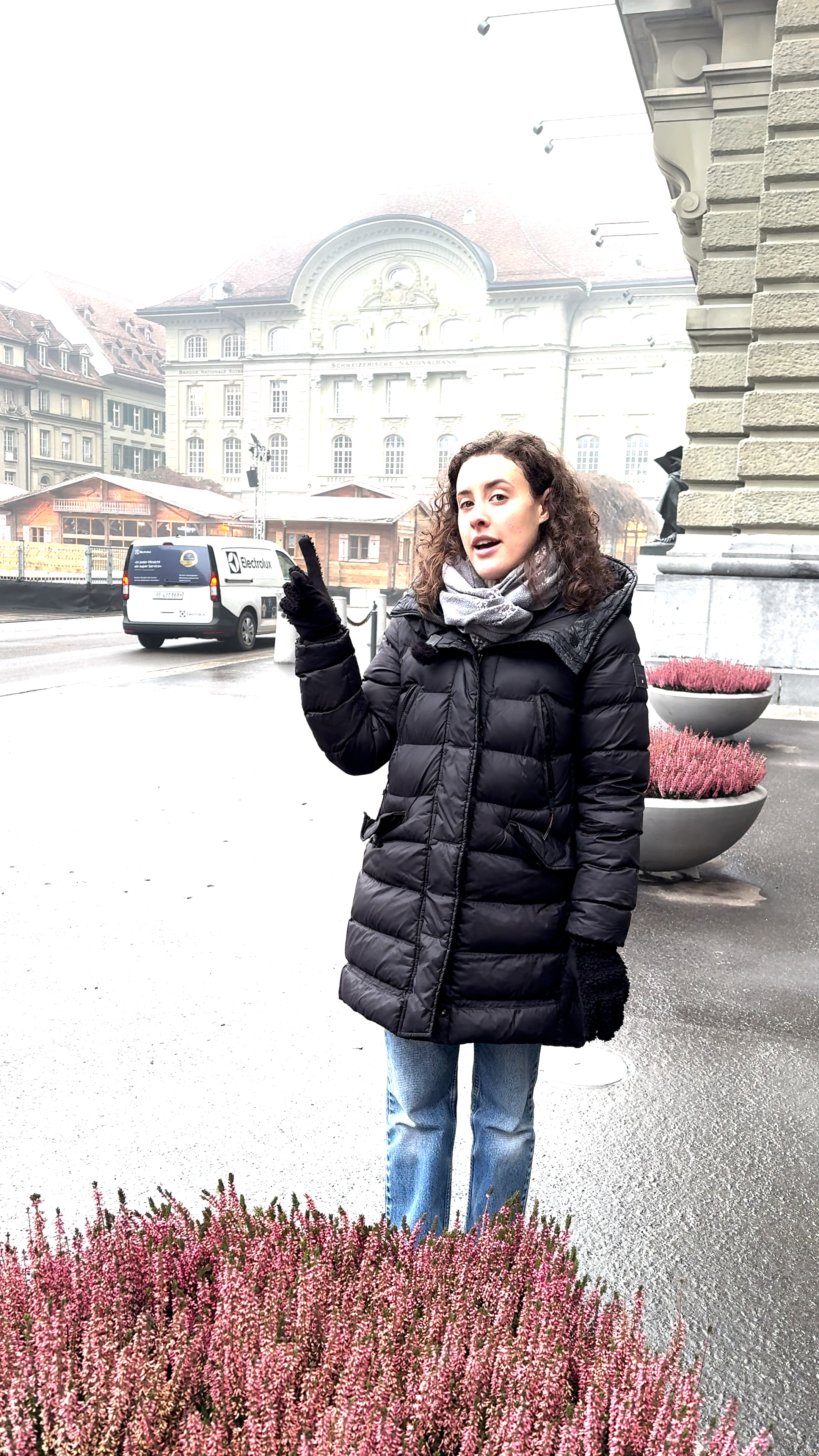
French-speaking cantons penalised for ‘lax’ migrant policy

Switzerland’s central government cut some federal subsidies to four French-speaking cantons over their failure to send asylum seekers back to other European countries under the EU’s so-called “Dublin rules,” Le Matin Dimanche newspaper reports.
Justice and police minister Karin Keller-Sutter told parliament earlier this week that the federal government had cancelled CHF6 million ($6 million) in federal subsidies to cantons for failing to deport such immigrants.
The bulk of the penalties are on canton Vaud, which Keller-Sutter said was losing CHF4 million because of 204 such cases. She did not specifically name the other cantons. Le Matin reportedExternal link on Sunday that the others are all majority French-speaking cantons in western Switzerland — Neuchâtel, Geneva and Valais.
Philippe Leuba, canton Vaud’s minister in charge of this issue, denied any breach of rules. “Vaud sends back first people who have committed a crime, then single people and lastly families,” he told Le Matin Dimanche. “This means that deportations happen perhaps more slowly than elsewhere.”
Representatives of the canton of Neuchâtel also maintained that the cantonal government has fully respected its duties and responsibilities, the paper reports. It is reported to have lost about CHF805,000 in federal subsidies.
Under the Dublin rulesExternal link, which Switzerland applies, responsibility for processing asylum claims falls to the country where asylum seekers first entered the union.
Nadia Boehlen, spokeswoman for Amnesty International Switzerland, was quoted by Le Matin as saying that French-speaking cantons had long taken a different approach from other parts of Switzerland on asylum policy.
“They look at the human consequences of sending people back and not just a strict application of the law,” she told Le Matin Dimanche. “And they are paying for that.”
The subsidies relate to the period from October 2016 to the end of 2018.

More
New asylum rules come into force

In compliance with the JTI standards
More: SWI swissinfo.ch certified by the Journalism Trust Initiative






























You can find an overview of ongoing debates with our journalists here . Please join us!
If you want to start a conversation about a topic raised in this article or want to report factual errors, email us at english@swissinfo.ch.